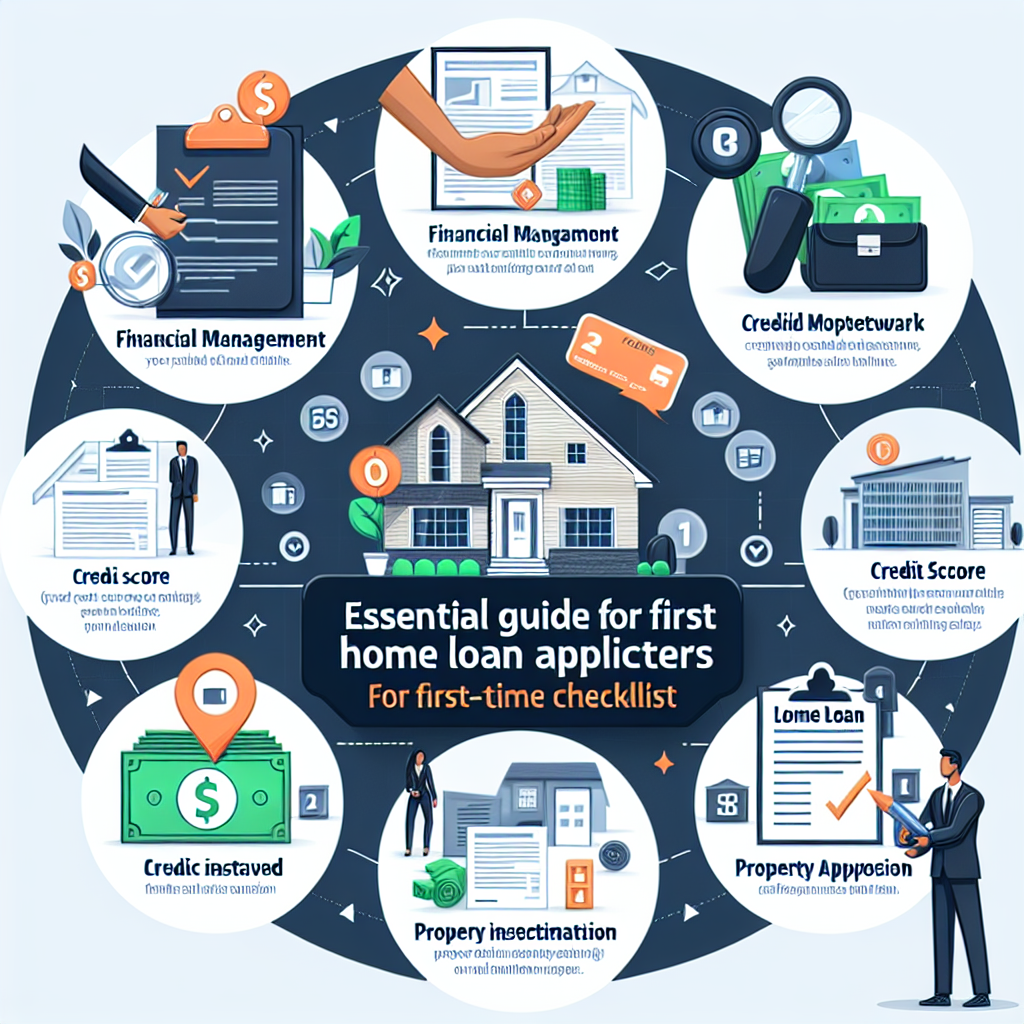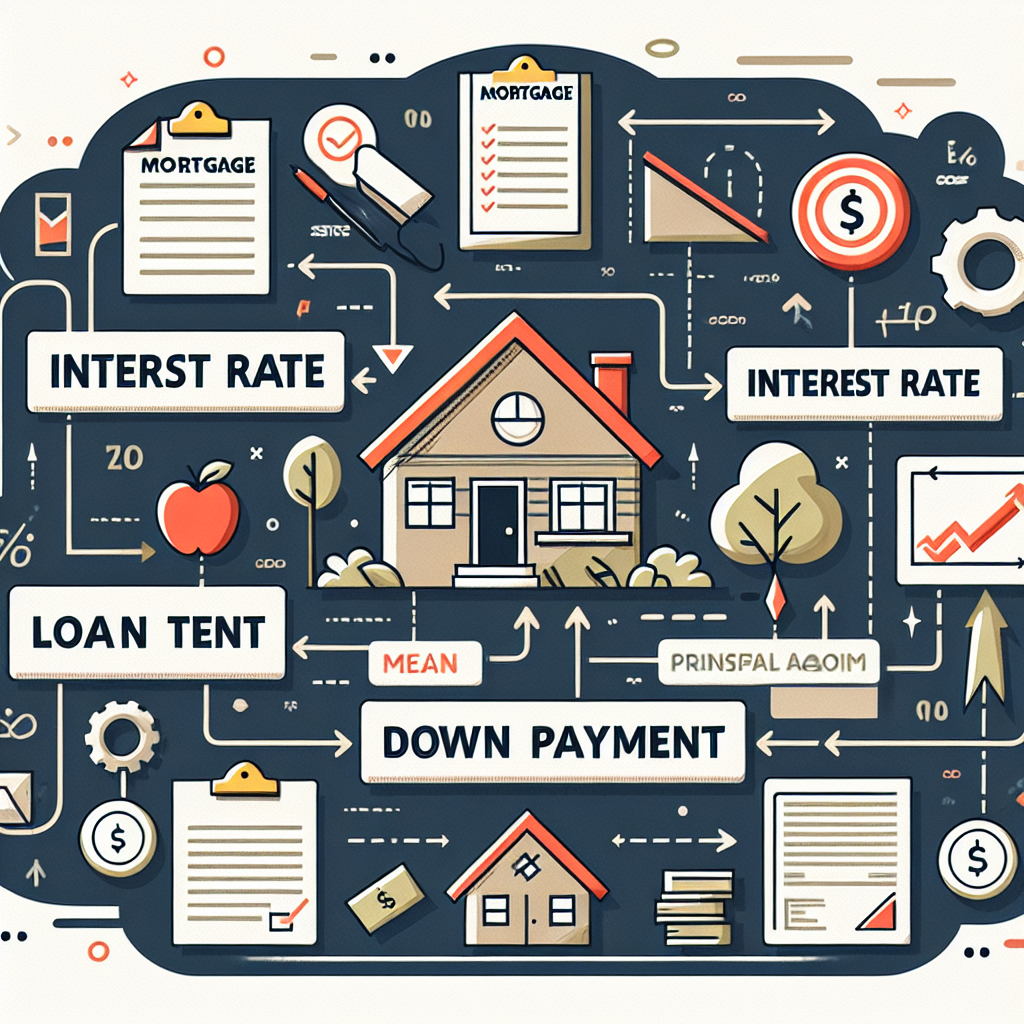

Maximize Your Benefits: Understanding Federal Tax Incentives for Homeowners
Last updated: March 24, 2025
Owning a home is often seen as a key component of the American Dream, and for many, it represents a significant financial investment. Fortunately, the federal government offers various tax incentives designed to ease the financial burden of homeownership. This article will help you navigate these incentives so you can maximize your benefits and understand how federal tax policies can work in your favor.
What Are Federal Tax Incentives for Homeowners?
Federal tax incentives for homeowners are programs, deductions, and credits that help reduce the overall tax liability for those who own property. By taking advantage of these incentives, homeowners can save money, making homeownership more affordable and sustainable. Understanding these benefits can enhance your financial strategy and improve your overall quality of life.
Common Federal Tax Deductions for Homeowners
One of the most significant benefits available to homeowners is the ability to claim various deductions on their federal tax return. Below are some common deductions you might be eligible for:
1. Mortgage Interest Deduction
This is one of the most substantial tax breaks available to homeowners. Homeowners can deduct the interest paid on their mortgage for their primary residence, as well as on a second home, up to a certain limit. This deduction significantly reduces taxable income, making homeownership more affordable. In 2023, taxpayers can deduct interest on mortgage debt up to $750,000 for new mortgages and up to $1 million for mortgages taken out before December 15, 2017.
2. Property Tax Deduction
Homeowners are also allowed to deduct property taxes paid on their primary residence. While the total state and local tax deduction is capped at $10,000 ($5,000 for married filing separately), this can still result in substantial savings. Be sure to keep your tax records and receipts to ensure you can accurately claim this deduction.
3. Mortgage Insurance Premiums Deduction
For those who are required to pay mortgage insurance on loans with less than a 20% down payment, this deduction can also be claimed. In recent years, Congress has periodically extended the eligibility of this deduction, allowing you to deduct mortgage insurance premiums on your federal tax return, provided your income is below certain thresholds.
Tax Credits for Homeowners
In addition to deductions, there are also federal tax credits that can further boost your savings. Tax credits directly reduce the amount of tax owed, whereas deductions lower your taxable income.
1. Residential Energy Efficiency Property Credit
If you’ve made energy-efficient upgrades to your home, you might qualify for the Residential Energy Efficiency Property Credit. This credit allows homeowners to deduct a percentage of the cost of certain improvements like solar panels, geothermal heat pumps, and energy-efficient windows. In 2023, homeowners can receive a credit of 30% of the installation costs for qualified energy-efficient systems.
2. First-Time Homebuyer Tax Credit
Although the first-time homebuyer tax credit was primarily available for homes purchased before 2010, the government often revises programs aimed at encouraging home ownership, especially for first-time buyers. As of late 2023, keep an eye on legislative changes that may introduce new incentives or revive expired programs.
How to Claim These Deductions and Credits
To take advantage of federal tax incentives for homeowners, you must itemize your deductions on Schedule A of your tax return. This process involves claiming all eligible deductions, including mortgage interest, property tax, and mortgage insurance premiums. It’s essential to keep detailed records of your payments to support your claims.
Final Thoughts: Maximizing Your Homeownership Benefits
Understanding and utilizing federal tax incentives can significantly enhance the financial benefits of homeownership. By claiming deductions such as mortgage interest and property tax, as well as credits for energy efficiency upgrades, you can lower your tax bills and improve your overall financial situation. Always check the latest IRS guidelines or consult with a tax professional to ensure you’re maximizing your benefits effectively. By staying informed, homeowners can confidently navigate the financial aspects of homeownership while optimizing the available incentives.
With a proactive approach to understanding federal tax incentives, you’ll be well-equipped to make the most of your investment and ensure that your home sweet home remains financially sustainable.
Featured Blogs

Top 5 Home Loan Benefits for First-Time Woman Buyers in India

Essential Tips for First-Time Homebuyers Navigating the Real Estate Market in India

Maximize Your Benefits: Understanding Federal Tax Incentives for Homeowners

Refinancing Your Mortgage: Top Strategies to Cut Costs in 2024 in India

Essential Guide for First-Time Home Loan Applicants: Your Ultimate Checklist

Essential Mortgage Terms Every Homebuyer Must Understand
Recent Blogs
Let's connect
Questions, comments or suggestions?
Simply fill in the form & we'll be in touch shortly.

Our Location
Shop No 112, 113, 114, Millennium Plaza, FC Road, Shivajinagar Pune, Maharashtra, India

Phone Number
+91 99707 20394

Mail Us
info@homecreds.com